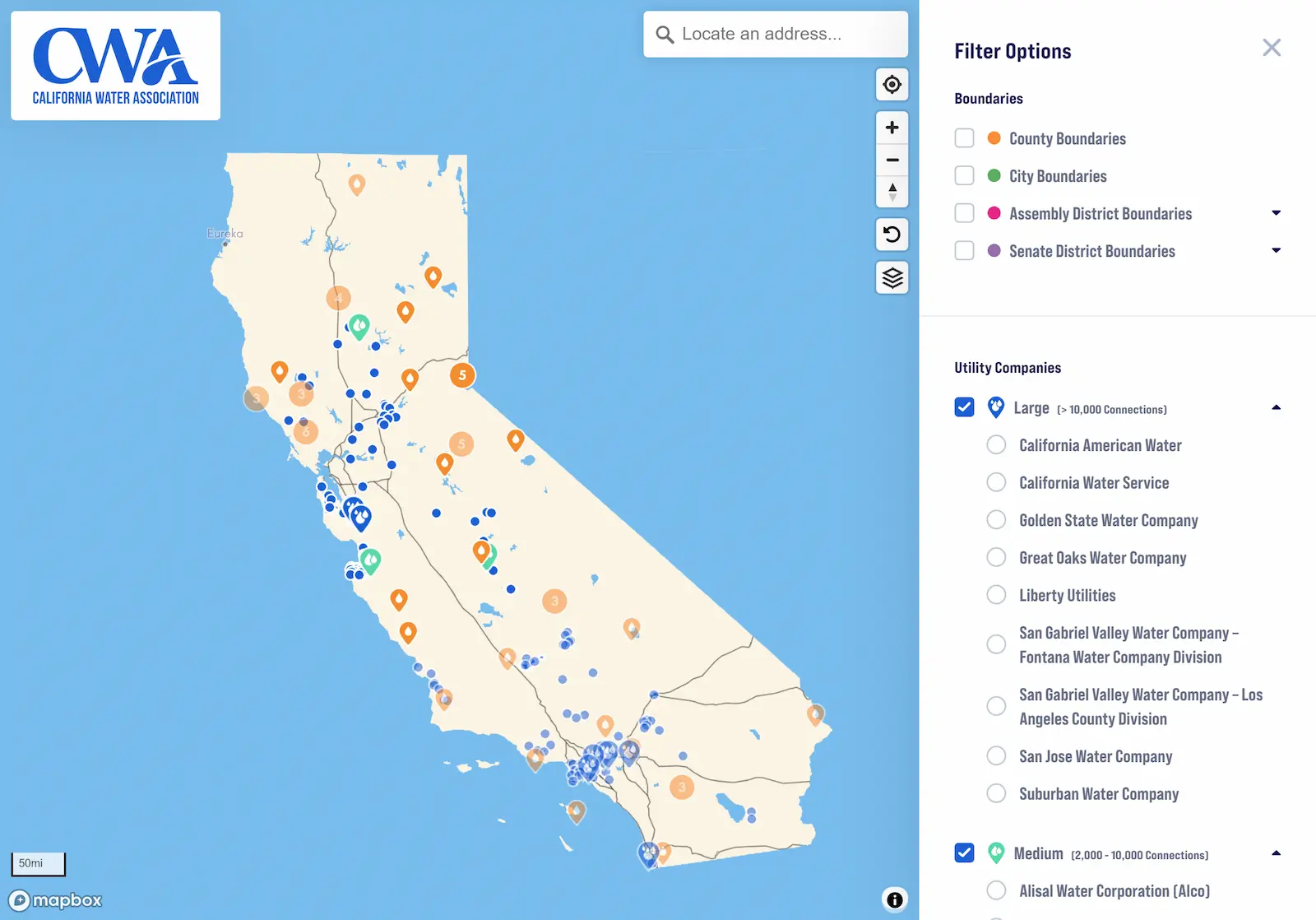Building a Sustainable Water Future for California
In California, water providers are balancing our commitment to conserving water for the future and the need to ensure affordability for customers who are struggling with the state’s high cost of living. State-regulated water utilities use a mechanism, known commonly as decoupling, as a proven strategy that incentivizes responsible water use and allows customers to control their water bills. This ensures essential water remains affordable, while higher usage incurs progressively steeper rates. By protecting low-income and low-use customers from unfair cost burdens, decoupling allows everyone to pay less when they use less.
Currently, the California Public Utilities Commission (CPUC) is considering a flawed proposal that relies on faulty evidence and threatens to dismantle decoupling, which would undermine decades of bipartisan and researched-based policy that has proven to benefit both consumers and California’s goal for Conservation as a Way of Life.
As we strive for climate resilience and sustainable resource management, we need California’s leaders to champion decoupling. It’s not just a cost management tool; it’s essential for safeguarding access to affordable water for all Californians.



What is Decoupling?
Decoupling is a proven method of incentivizing water conservation while keeping consumer costs affordable. Typical rate structures discourage utilities from supporting customer conservation initiatives – when customers use less, utilities bill less no matter their fixed costs of providing service. Decoupling allows utilities to encourage their customers to save more. Here’s how it works:
-
- Tiered Pricing: Essential water use is priced affordably, while excessive use is charged at higher rates. This encourages conservation by making higher usage more costly.
- Utility Stability: Customer demand fluctuates dramatically between dry and wet years in California. Decoupling allows utilities to cover the fixed costs – up to 90% of a typical bill – to ensure safe and reliable drinking water services These costs include critical infrastructure, maintenance, and regulatory compliance that must be sustained regardless of consumption.
Call to Action for California Leaders: Support Decoupling
As California faces mounting environmental pressures, we urge California regulators and the state’s leaders to reaffirm their commitment to decoupling. This approach goes beyond cost management; it’s about safeguarding access to affordable water for all Californians while paving the way for a climate-resilient future.
Let’s work together to build a sustainable and affordable future for all Californians.


